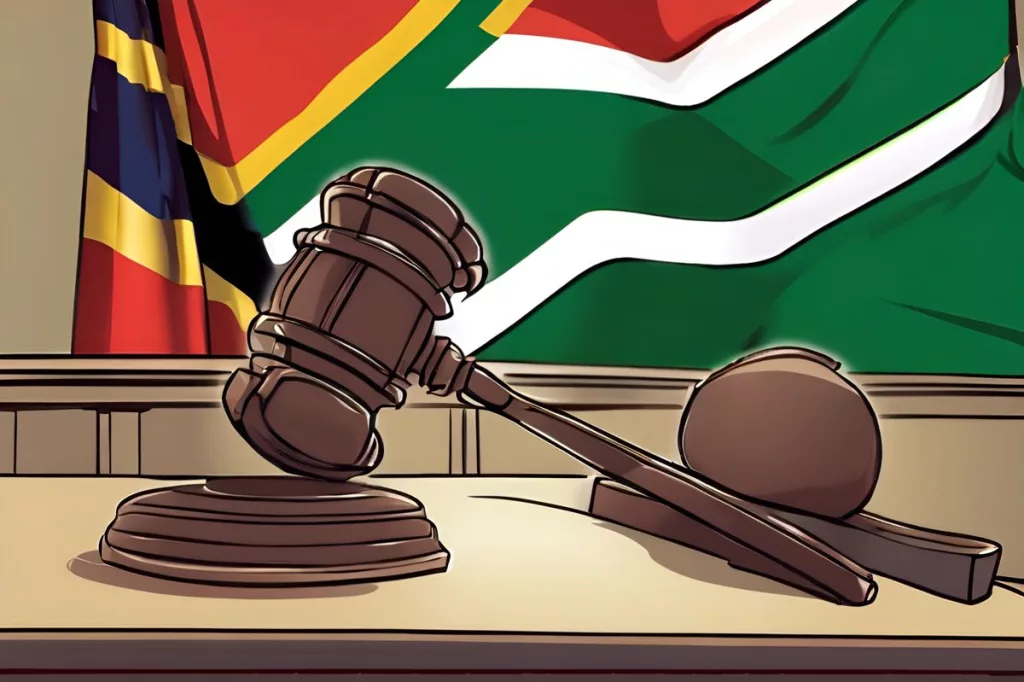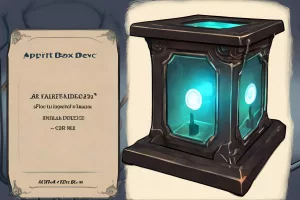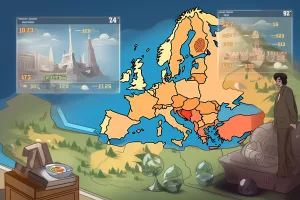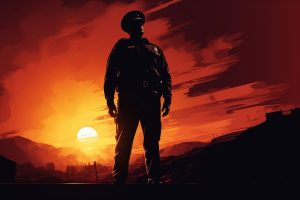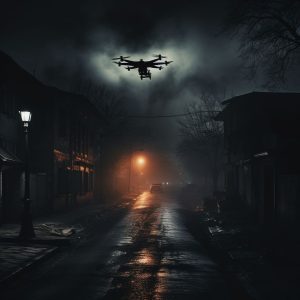Chicco Twala, a famous record producer in South Africa, is facing serious charges of assault and gunpointing which has caused a stir in the music industry. The case has been adjourned repeatedly and Twala has tried to get it thrown out. The next hearing is on 13 February, and Twala will once again be in the public eye. The case presents a complex narrative, highlighting the intersection of art, power, and law in South Africa.
Kandis Starr, an American psychic, claims to have communicated with the spirits of deceased South African rappers AKA and Costa Titch, revealing startling details about their murders. Despite skepticism about psychic communication, Starr’s sessions offer comfort and closure to grieving families and admirers. The sessions also shed eerie new light on the ongoing murder investigations, with cryptic messages hinting at the identities and motives of the suspected killers. Starr’s revelations include a heartfelt message for AKA’s mourning mother, Lynn, and an assertion of poisoning by someone close in Costa Titch’s case.
The Raging Controversy: Taxpayers’ Funds and the Rugby World Cup Trip in South Africa
South African taxpayers were outraged after it was revealed that Police Minister Bheki Cele’s executive assistant’s trip to the Rugby World Cup in France, costing over half a million Rand, was funded by public funds. The revelation sparked political outrage and a public uproar, prompting the opposition party, the Democratic Alliance, to launch a PAIA application to uncover more information about the trip. The controversy has highlighted the need for transparency, accountability, and ethical behavior among public officials in South Africa.
The Gugulethu Mass Shooting claimed the lives of five innocent individuals, including an offduty police officer. The tragedy highlights the ongoing battle against violent crime in South Africa and the sacrifices made by those who protect others. The incident prompted highlevel intervention from the government, and as investigations continue, it is crucial to remember the fallen and support the survivors. The memory of the victims serves as a powerful call to action for society to unite against violent crime and support those who risk their lives daily for our protection.
The South African Policing Union (Sapu) has expressed its serious concerns about the escalating rate of police killings in the country. This comes after three law enforcement officers were brutally murdered in KwaZuluNatal, Gauteng, and Mpumalanga on the same day. As a result, Sapu referred to 15 September as a “dark day” for policing. In a statement, the union emphasized that the problem appears to be growing worse due to the increasing number of incidents involving the deaths of police officers.
The recent taxi strike in Cape Town led by the South African National Taxi Council (Santaco) resulted in a wave of crime, leaving five people dead and extensive damage to cars and infrastructure. This incident has highlighted the city’s vulnerabilities and provided criminals with ample opportunities to commit offenses.
The ongoing taxi strike in Cape Town has been marked by violence and unrest, lasting for six days. This situation requires a joint effort from the city government and taxi operators to work together towards a resolution, putting the wellbeing of the city’s residents, especially children unable to attend school, as a priority.
In response to the ongoing taxi strike in Cape Town, the City has announced measures to tackle the violence that has resulted in significant disruptions to daily life and public transportation. ### Impounding Vehicles for Vandalism
The Riverlea community, located west of Johannesburg, has been combating the threat of zamazama gangs, and their collective efforts have led to the intervention of Police General Bheki Cele. The police have taken action in the area, and on July 31, General Cele visited Riverlea to evaluate the progress made by the local police in tackling illegal mining and other criminal activities.

